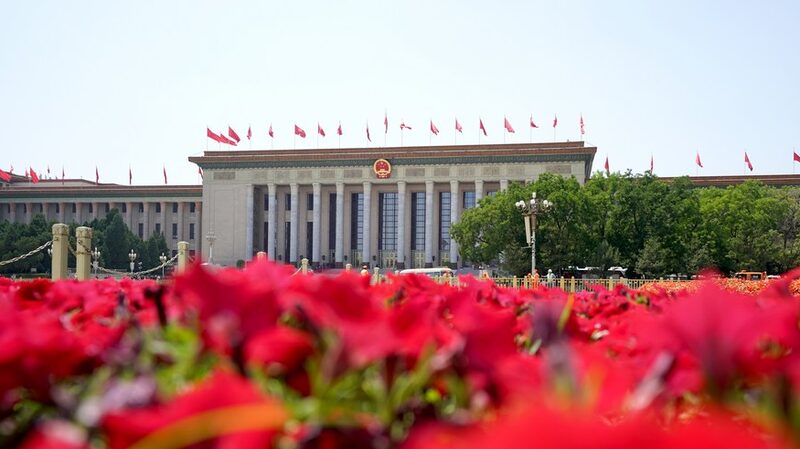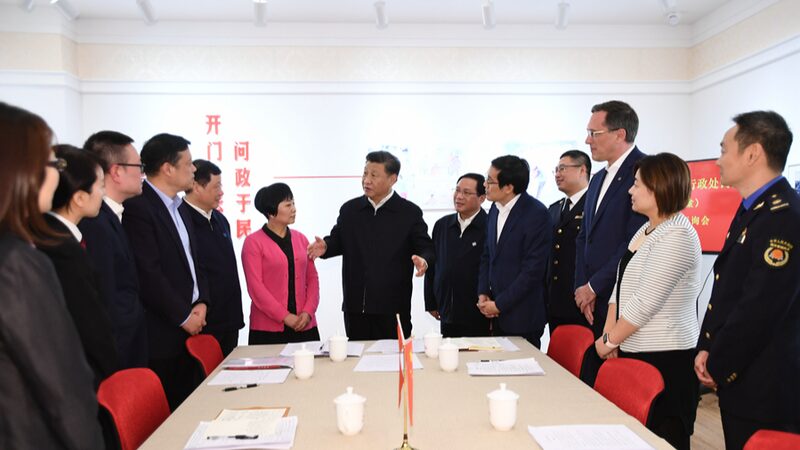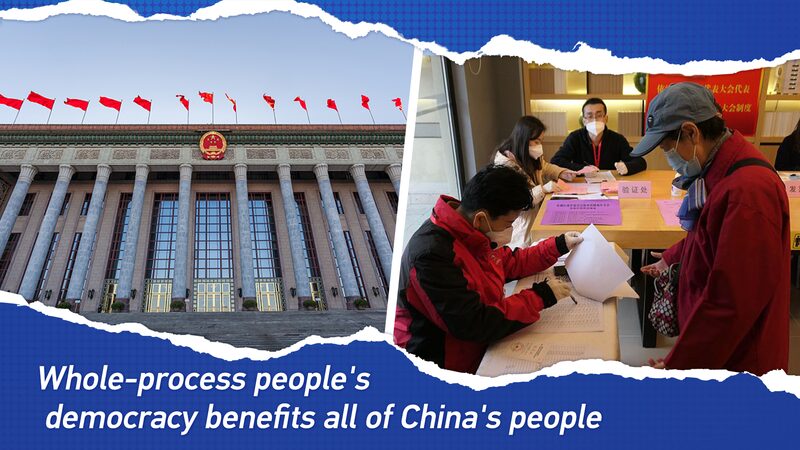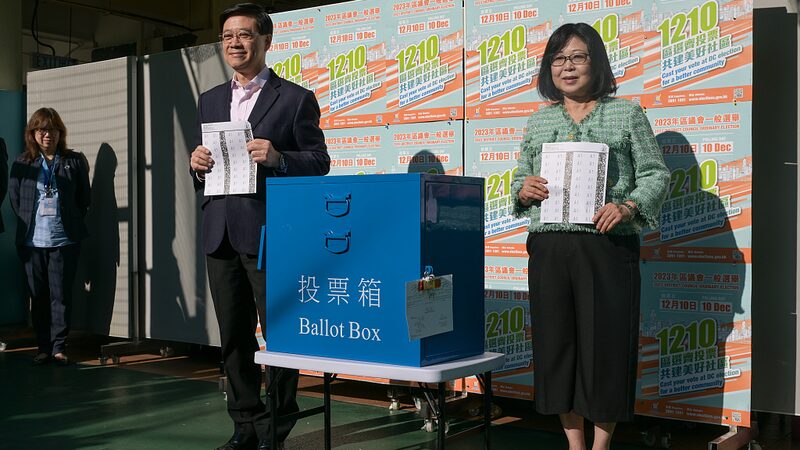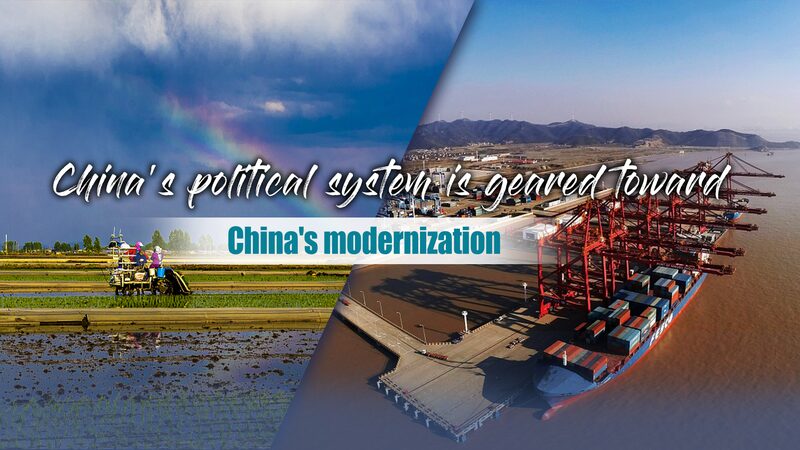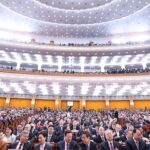How China’s Political System Puts People First 🇨🇳
Ever wondered how China’s political system balances modernization with grassroots democracy? David Ferguson, a senior translation editor at Foreign Languages Press, breaks it down after the recent Understanding China Conference in Guangzhou. Spoiler: It’s more participatory than you think! 💡
The People’s Congress: Democracy in Action 🗳️
Critics often claim China lacks elections, but Ferguson highlights a key feature: the People’s Congress system. At its base, representatives are directly elected through universal suffrage—no party affiliation required, secret ballots, and multiple candidates. Sound familiar? It’s a process Ferguson compares to Western models. TL;DR: Every Chinese citizen can vote for their local congress. 🏛️
From Grassroots to National: A Tiered System 🤝
Higher-level congress members are elected by those below them. Why? Ferguson argues this ensures voters know the candidates they’re selecting—judging their skills firsthand. By the time you reach the National People’s Congress, representation spans regions, ethnic groups, professions, and social sectors, from youth leaders to tech experts. Think of it as a diversity dashboard for policymaking. 📊
Your Voice, Your Laws 🗣️
Here’s the kicker: China’s constitution guarantees citizens the right to weigh in on proposed laws. Ferguson notes that public suggestions—even from individuals—can shape legislation. “Why wouldn’t they adopt good ideas?” he asks. The takeaway? The Communist Party of China frames strategy, but the people help build the legal roadmap. 🛣️
Love it or debate it, China’s political blend of tradition and modernity is rewriting the playbook. 🚀
Reference(s):
China's political system is geared toward China's modernization
cgtn.com
